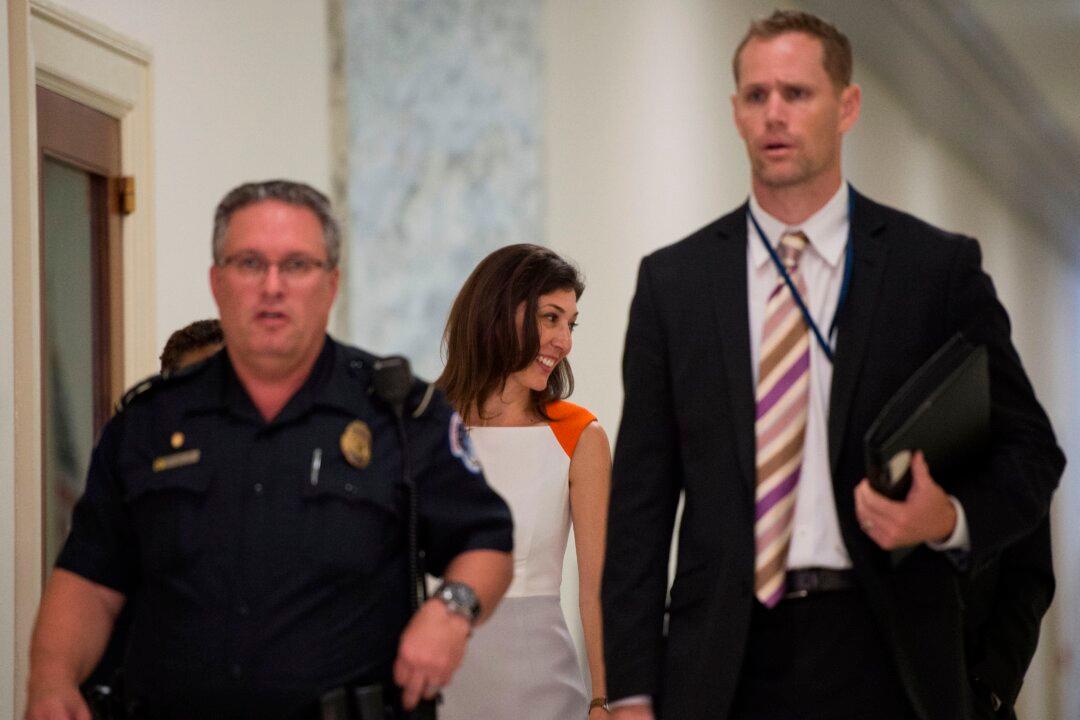At the time that Robert Mueller was appointed special counsel in May 2017, the FBI didn’t have evidence to determine whether the Trump campaign had colluded with Russia, according to excerpts of a closed-door interview between congressional investigators and former FBI attorney Lisa Page obtained by The Hill and Fox News.
Page became one of the faces of the FBI’s probe of the Trump campaign after the public release of her biased text messages with then-FBI Deputy Assistant Director Peter Strzok.





